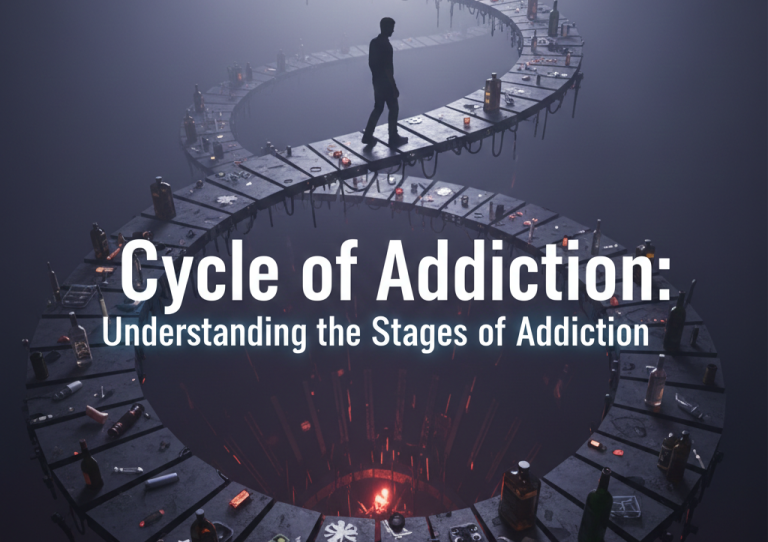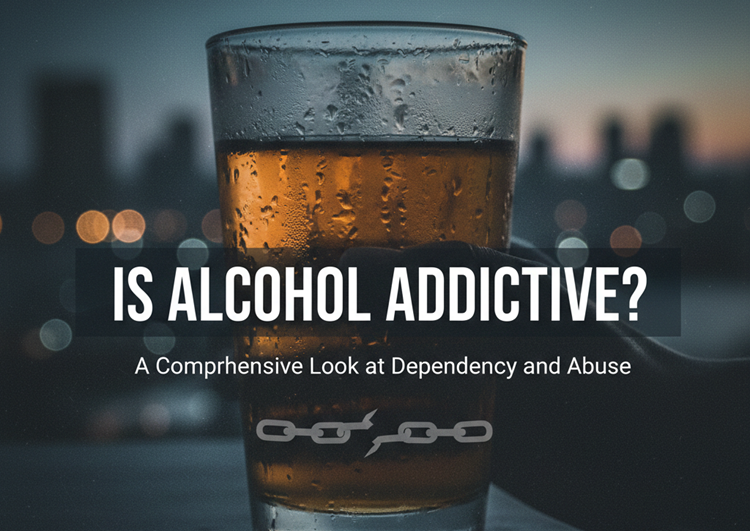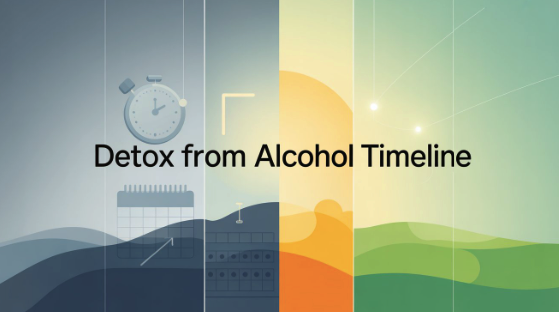The medical term for simultaneous diagnoses of mental illness with substance dependency is dual diagnosis, which medical professionals call co-occurring disorders. A complex mental health condition exists within millions of people who need specialized care to address this complicated medical situation. People need to understand dual disorders and find proper treatment methods for achieving recovery and better physical health.
Mental health creates a permanent link with substance use because the two conditions impact each other mutually. People who have mental health problems sometimes choose drugs or alcohol as a form of medication before their problems worsen because of prolonged substance misuse. Both disorders require simultaneous attention because they exist in a complex relationship.
What Does It Mean to Have Substance Use and Co-Occurring Mental Disorders?
Patients diagnosed with substance use disorder (SUD) must receive additional treatment for independent mental health disorders, including depression, along with anxiety and bipolar disorder, and post-traumatic stress disorder (PTSD). Multiple disorders fuel one another into a seemingly endless destructive pattern when affected individuals need professional medical support to overcome this pattern.
Common co-occurring disorders include:
- Depression and Alcohol Use Disorder: Depression sufferers sometimes use alcohol to self-medicate their feelings, yet this practice leads to substance dependency and heavier depressive conditions.
- Anxiety and Stimulant Use Disorder: People facing anxiety disorders might use stimulants, including cocaine and methamphetamine, to gain control and wakefulness, which results in addiction alongside intensified anxiety symptoms.
- Bipolar Disorder and Substance Abuse: Persons with bipolar disorder might use drugs to control their mood shifts, yet this behavior disrupts their prescribed medicine and affects their mental steadiness.
- PTSD and Opioid Addiction: People who experience traumatic events may misuse opioids to manage their disturbing memories and flashbacks, which substantially raises the possibility of becoming addicted.
People who do not get proper co-occurring disorder treatment face a challenging cycle where relapses become more frequent and symptoms deteriorate.
Effects of Co-Occurring Disorders
Co-occurring disorders create life-altering effects that affect physical well-being, interpersonal relationships, professional capacities, and total lifestyle well-being. People who do not receive treatment for their disorders face serious problems, which result in the following effects:
1. Physical and Mental Health Decline
Multiple disorders together damage both bodily and psychological wellness substantially. Brain chemistry changes caused by prolonged substance use tend to worsen the severity of mental health conditions. The symptoms may intensify and simultaneously lead to greater risks of self-harm while producing suicidal thoughts.
2. Increased Risk of Relapse
People with dual diagnosis co-occurring disorders treatment have a greater chance of recovering when they receive proper treatment. Patients who receive treatment for a single disorder show increased chances of encountering continued addiction cycles together with mental health crises because both conditions remain unaddressed.
3. Strained Relationships
Substance abuse, together with mental health difficulties, results in the deterioration of relationships between individuals and their family members, close friends, and work colleagues. People suffer from isolation and misunderstandings as well as conflicts, which create a feeling of loneliness during their struggles.
4. Financial and Legal Problems
People who abuse substances face various negative consequences, including employment termination, fiscal insecurity, and legal problems. People experiencing co-occurring disorders usually struggle with maintaining work, due to which they face economic challenges that create greater complexities in their lives.
5. Homelessness and Incarceration
Unattended co-occurring disorders drive affected individuals toward homelessness and incarceration. The failure to offer proper treatment leads to serious negative outcomes from the addictive cycle combined with mental illness.
How Can I Find Help for Substance Use and Co-Occurring Mental Disorders?
Medical assistance for patients dealing with dual disorders demands specialized adoption of simultaneous treatment protocols that address mental health and substance abuse conditions. Integrative treatment methods provide the most efficient solutions by leading people to sustained recovery.
1. Integrated Treatment Programs
Co-occurring disorder treatment should incorporate a comprehensive plan that includes medical, psychological, and behavioral interventions. Treatment options include:
- Medical supervision provides detoxification that assists substance users to leave these substances while controlling their withdrawal symptoms.
- Through Therapy and Counseling, participants can understand their medical conditions better so they can learn effective coping strategies by using methods such as Cognitive-behavioral therapy (CBT), along with dialectical behavior therapy (DBT) and trauma-informed therapy.
- Medical personnel use Medication-Assisted Treatment (MAT) to provide patients with drugs that help treat withdrawal symptoms and psychiatric disorders effectively.
- People who attend Alcoholics Anonymous (AA) alongside Narcotics Anonymous (NA) and similar peer groups receive both mental support and accountability through connections with their peers.
- Exercise together along with yoga with meditation, and art therapy, provides integrated support for both mental health and complete well-being for individuals.
2. Dual Diagnosis Treatment Centers
Evidence-based treatment programs at Orlando Treatment Solutions specialize in addressing individuals who have dual disorders. Integrated treatment programs at these facilities enable dual effects of substance abuse treatment alongside mental health disorder management.
3. Developing a Support System
The success of long-term recovery requires a solid network of support. Support groups composed of family members and friends, together with additional members from the community, play essential roles by maintaining accountability and delivering encouragement. Therapy, together with membership in community support programs, helps patients experience much better recovery results.
4. Lifestyle Changes and Coping Strategies
Recovery extends beyond treatment programs. People who want to stay sober and mentally stable should implement positive lifestyle choices, which include practicing mindfulness together with healthy living approaches and trigger avoidance methods.

Conclusion
Specialized treatment must include simultaneous therapy for mental health and substance use disorders among people who face such conditions. No comprehensive care leads patients to remain caught between addiction cycles and poor mental health conditions. People seeking integrated co-occurring disorders treatment programs discover the path to recovery along with a more fulfilling and healthier lifestyle.
Orlando Treatment Solutions is available to assist those with co-occurring disorders and their loved ones. The organization employs expert staff who offer individualized, evidence-based therapies to promote lasting recovery. Call us at (321) 415-3213 to begin your path to restoration.



























